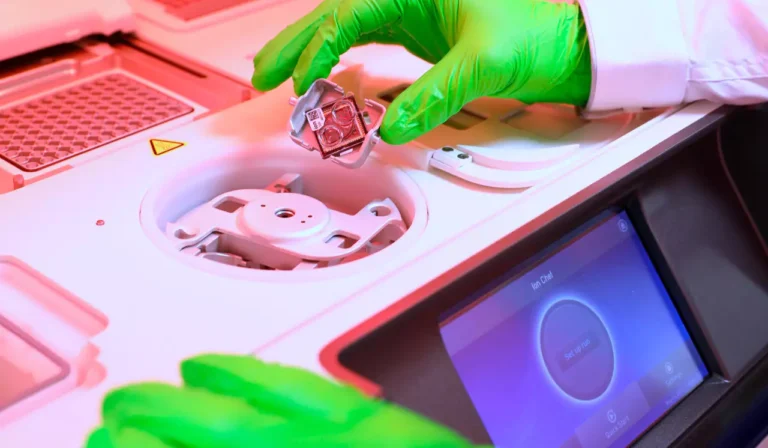In two interviews published by the regional newspaper Nice Matin, experts from IHU RespirERA shared recent innovations in the fight against lung cancer. Their work focuses on improving early diagnosis and developing more personalized therapeutic approaches.
Genetic sequencing to identify more mutations earlier
Dr Samantha Goffinet and Dr Véronique Hofman, from IHU RespirERA and Nice University Hospital, presented the results of a large-scale study on the use of Next-Generation Sequencing (NGS). This advanced technique analyses a broad panel of genes in lung tumors, even at early stages of the disease.
Their research demonstrates that NGS detects more mutations than traditional methods, including rare ones that can be matched with targeted therapies. These findings could improve care for early-stage patients by enabling earlier and more precise treatment strategies.
Liquid biopsy: a promising tool for follow-up and early detection
Professor Paul Hofman, Director of IHU RespirERA, also highlighted the potential of liquid biopsy, a non-invasive technique that uses a simple blood sample to detect tumor cells or fragments of cancer DNA circulating in the bloodstream.
Already used in some clinical situations to guide treatment decisions, liquid biopsy could also play a key role in post-surgical monitoring, helping to identify relapses much earlier than imaging techniques. Although not yet widely adopted for large-scale cancer screening, it is considered a promising tool for high-risk populations.
These interviews showcase IHU RespirERA’s commitment to advancing innovative and accessible solutions for improving lung cancer detection and treatment. By combining research, technology, and clinical expertise, the institute is contributing to a future where care is more personalized, effective, and patient-focused.
Link to full article: Nice-Matin article



